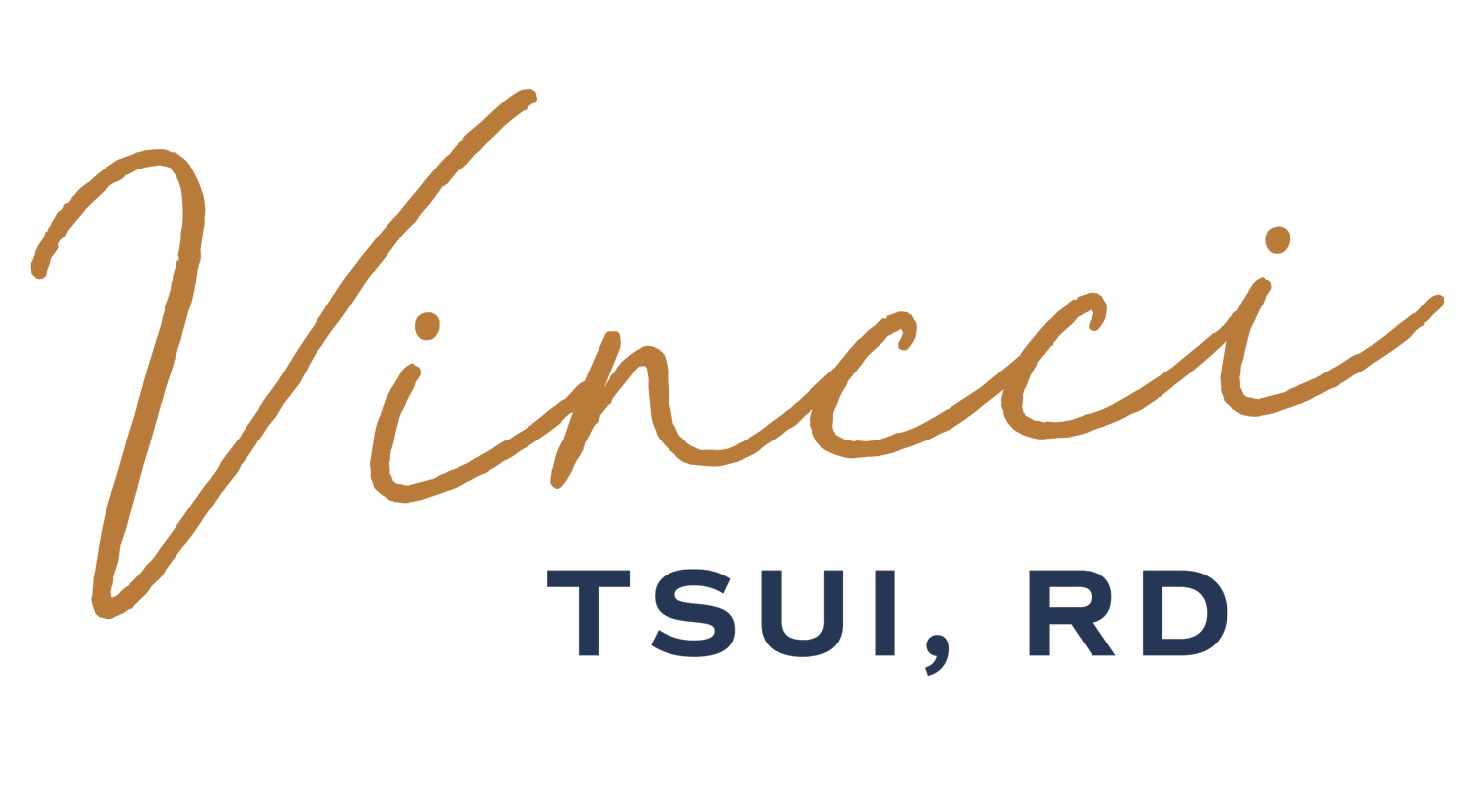Relationship with Food Self Check-Up: 5 Questions to Help You Reflect on Your Relationship to Food
How is your relationship with food? While some disordered thoughts and behaviours are easy to recognize, others are normalized or even celebrated in our culture that upholds narrow standards of beauty and “health”. Here are five questions to help you give yourself a quick self-checkup on your relationship to food:
1. How much time/brain space do you spend thinking about your food choices and eating habits?
Given that most people eat multiple times a day, every day, it’s normal that we do spend a fair amount of time and energy thinking about food and eating. However, if thinking about food and eating is getting in the way of other priorities and interests, then perhaps it’s a sign that you might want to re-evaluate your relationship with food.
2. What emotions generally come up when you think about food/eating? Are they pleasant, unpleasant, or neutral?
Does thinking about food or eating make you feel joyful and excited, or does it make you feel anxious or guilty? Do these feelings change when you think about certain foods, or certain amounts of food?
3. Do you have any food rules? What happens if/when you break them?
It’s not necessarily a bad thing to have rules around food—rules help create structure and safety, and can simplify decision making. However, for some people these rules can quickly add up and become overwhelming. Others find that they’re rearranging their whole lives just to ensure that they’re following the rules, and if they do happen to break them, it sends them into a shame spiral.
4. Do you trust yourself around food?
This may seem like an odd question, but it’s not uncommon for some people to say, “I can’t have [insert food] in my house because I’ll just eat it all.” or “I have no self-control when it comes to [insert food].”
5. What comes up for you when you reflect on your answers to the previous questions?
Just as different relationships between different people can look quite different from one another, different people’s relationships with food can look different from one another as well. There are no “correct” answers to any of these questions. A person can spend a significant amount of time and energy thinking about their food and eating habits and be happy in their relationship with food, while another person spending less time and energy can feel that they are thinking “too much”.
What if I’m happy with my relationship with food but am actually objectively relating to it in a disordered way?
Just as I mentioned in my last blog post, the fear that “we don’t know what we don’t know” is valid. If you don’t feel completely secure in your relationship with food, even if that feeling is very subtle, then I think it is worth reflecting on why that is and whether it is something that you would like to change. (It’s OK if the answer ends up being no!)
Similar to how we all have different needs and desires when it comes to their relationships with other people, we all have different needs and desires when it comes to our relationship with food. There is no “gold standard”. I hope that these questions were a helpful check-in on where you are sitting in your relationship with food, and an invitation to consider what changes you would like to see if needed.
